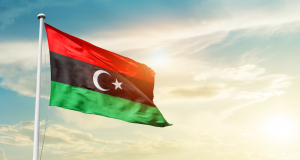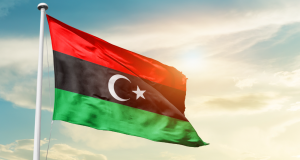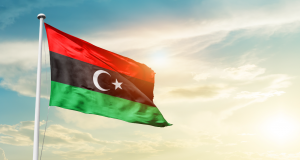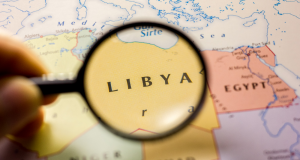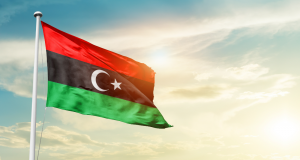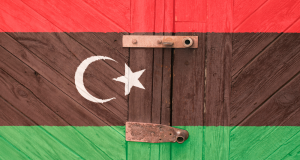Paths to protection
Ways to protect your invention
Patents are a way of protecting your inventions. By filing a successful patent you will be awarded a monopoly to exploit your invention for a period of time.
National Patents are the most effective way of defending your invention if you only require protection in a single jurisdiction. If this is not enough for your needs, this country has signed international agreements on patents, which facilitate their internationalization:

PCT (Patent Cooperation Treaty)
The PCT system allows simplified international patent applications which in turn eases national filings.
Additional Information
Discuss your Intellectual Property Protection strategy with us
If you need to protect your Intellectual Property abroad, through our Global Network of offices and associates, we can make your Intellectual Property assets expand to every nation you desire, ensuring full legal protection of your rights.
If you have further questions, we would be delighted to schedule a conference call and answer any questions you may have.
Schedule Conference CallLibya
Patent Details and Timeframes
Priority claim
Available
Substantive Examination
Unavailable
Body responsible for non-use cancellations
IP Office
Time until registration
3 years
Opposition Period
2 months
Use Requirement Period
4 years
National Filing Requirements
Application Requirements
- Applicant data.
- Copy of priority document (if applicable).
- Patent title, abstract, description, claims and drawings.
- Deed of Assignment.
- Deed of assignment, legalized (if applicable).
- Power of attorney, legalized.
- Certificate of incorporation, legalized (if applicable).
Renewal Requirements
- Power of attorney, legalized.
Assignment Requirements
- Deed of assignment, legalized.
- Power of attorney, legalized.
Change of Name Requirements
- Certificate of change of name, legalized.
- Power of attorney, legalized.
- Certificate of change of name, with verified French or Arabic translation, notarized and legalized up to the Algerian consulate.
- Certificate of change of name, with verified English translation.
Change of Address Requirements
- Certificate of change of address, legalized.
- Power of attorney, legalized.
- Certificate of change of address, with verified English translation.
License Requirements
- Power of attorney from the assignee, legalized.
- Licensing/Assignment agreement, legalized.
- License agreement, with verified English translation.
PCT Filing
Application Requirements
- Copy of priority document (if applicable).
- Patent title, abstract, description, claims and drawings.
- PCT document.
- Deed of assignment, legalized (if applicable).
- Power of attorney, legalized.
- Certificate of incorporation, legalized (if applicable).
Renewal Requirements
- Power of attorney, legalized.
Assignment Requirements
- Deed of assignment, legalized.
- Power of attorney, legalized.
Change of Name Requirements
- Certificate of change of name, legalized.
- Power of attorney, legalized.
Change of Address Requirements
- Certificate of change of address, legalized.
- Power of attorney, legalized.
License Requirements
- Licensing/Assignment agreement, legalized.
- Power of attorney, legalized.
Latest news
